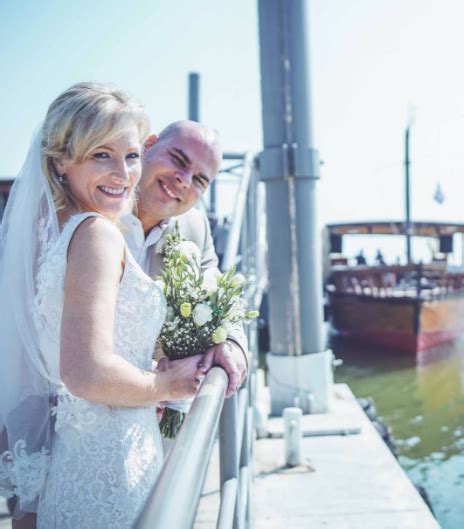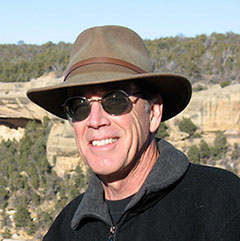A Quote by Norman Lock
A first-person voice helps to ensure the uniformity and cohesiveness of the narrative; it gathers unto itself incidents and characters in its unstoppable progress toward the story's end.
Related Quotes
When it comes to the form the narrative will take, whether first person, third person, or Aunt Grace's cat, I usually find that the story tells me which voice it prefers, and that often changes as I go along. And in the end it really doesn't matter as long as the author can rig those voices all in harness to pull the same load.
Ever since I was first read to, then started reading to myself, there has never been a line read that I didn't hear. As my eyes followed the sentence, a voice was saying it silently to me. It isn't my mother's voice, or the voice of any person I can identify, certainly not my own. It is human, but inward, and it is inwardly that I listen to it. It is to me the voice of the story or the poem itself.
If the point of life is the same as the point of a story, the point of life is character transformation. If I got any comfort as I set out on my first story, it was that in nearly every story, the protagonist is transformed. He's a jerk at the beginning and nice at the end, or a coward at the beginning and brave at the end. If the character doesn't change, the story hasn't happened yet. And if story is derived from real life, if story is just condensed version of life then life itself may be designed to change us so that we evolve from one kind of person to another.
We must move from ... the primacy of technology toward considerations of social justice and equity, from the dictates of organizational convenience toward the aspirations ofself realization and learning, from authoritarianism and dogmatism toward more participation, from uniformity and centralization toward diversity and pluralism, from the concept of work as hard and unavoidable, from life as nasty, brutish, and short toward work as purpose and self~fulfillment, a recognition of leisure as a valid activity in itself.
As popular culture becomes more presentist, we move away from entertainment as the vicarious experience of a narrative - as watching someone else's story - and much more toward enacting one's own story. Moving away from myths and toward fantasy role-playing games, away from movies and toward videogames.
In 1990 I did a story with Helena Christensen about a woman who lives in a trailer in the middle of the desert and finds a little crushed UFO with a martian who has survived the crash. She takes him home, and they fall in love. Later he has to meet with his fellow martians who have arrived to rescue him. It's a sad ending. This was my first truly narrative story and apparently the first narrative story in fashion photography.
A lot of artists I like end up being queer. Or maybe it's a subconscious thing that you can identify of, like, 'Oh this person understands the nuances of the romantic narrative of a queer person, or the social narrative of a queer person.' And then you discover, lo and behold that they are a queer person.

































